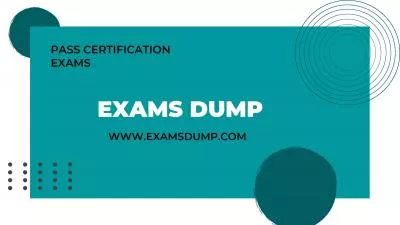PPT-The Latest updates on administrator evaluations
Author : olivia-moreira | Published Date : 2017-03-27
Gary J Collins Esq William J Blaha Esq COLLINS amp BLAHA PC 31440 Northwestern Highway Suite 170 Farmington Hills Michigan 48334 David A Comsa JD Deputy Superintendent
Presentation Embed Code
Download Presentation
Download Presentation The PPT/PDF document "The Latest updates on administrator eval..." is the property of its rightful owner. Permission is granted to download and print the materials on this website for personal, non-commercial use only, and to display it on your personal computer provided you do not modify the materials and that you retain all copyright notices contained in the materials. By downloading content from our website, you accept the terms of this agreement.
The Latest updates on administrator evaluations: Transcript
Download Rules Of Document
"The Latest updates on administrator evaluations"The content belongs to its owner. You may download and print it for personal use, without modification, and keep all copyright notices. By downloading, you agree to these terms.
Related Documents














